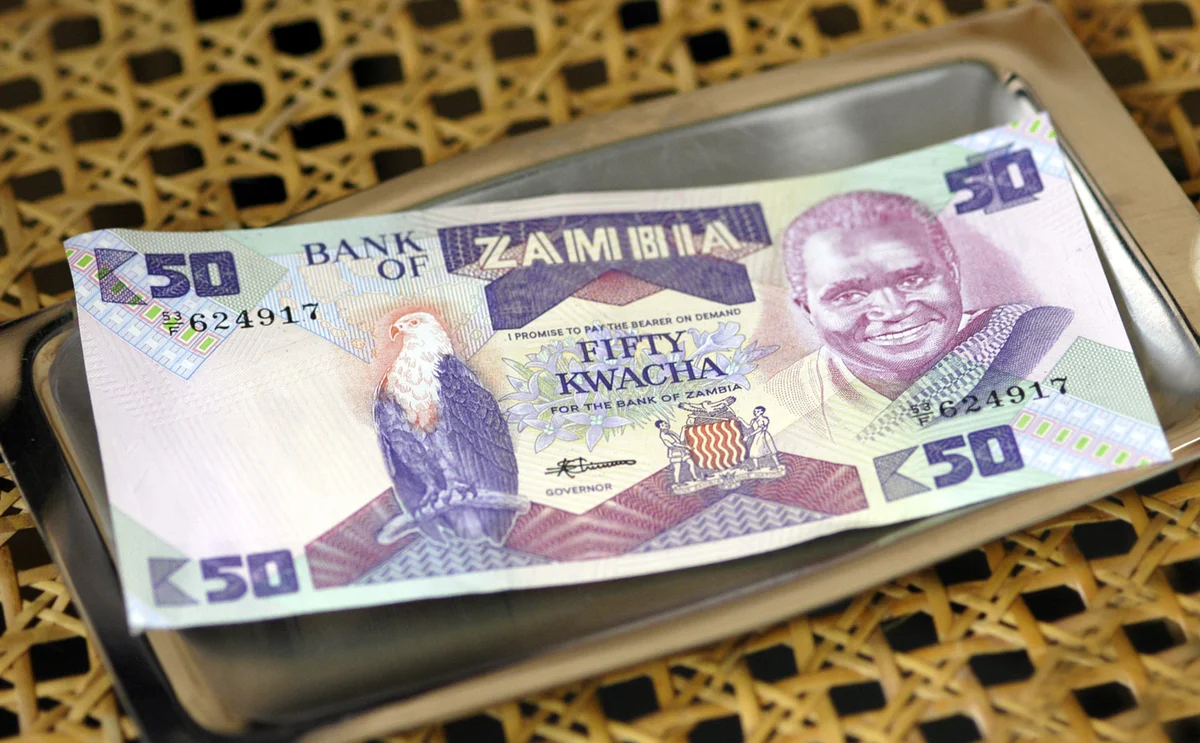Hong Kong Boosts Offshore Yuan Bond Market Participation
In a move that is set to significantly increase offshore participation in mainland China’s bond market, the Hong Kong Monetary Authority (HKMA), Hong Kong’s de facto central bank, has made a strategic shift in its offshore yuan bond repurchase (repo) operations. The regulatory relaxation now allows bond collateral to be reused during the repo period, and repo agreements can be settled in currencies other than the yuan.
Understanding Repurchase (Repo) Operations
A repurchase operation, or repo, is a form of short-term borrowing primarily in government securities. In a typical repo transaction, the seller of securities agrees to buy them back, usually the following day, at a slightly higher price. This difference in price is the actual interest. For the party selling the security and agreeing to repurchase it in the future, it is a repo; for the party on the other end of the transaction, buying the security and agreeing to sell it in the future, it is a reverse repurchase agreement.
Impact of the New Regulations
The new regulations introduced by HKMA have been coined as “enhancement arrangements” for the offshore yuan repo operations. By allowing bond collateral to be reused during the repo tenure, the changes are expected to enhance the liquidity of the offshore yuan market. Moreover, the option to settle repo agreements in currencies other than yuan provides more flexibility to market participants.
HKMA confirmed that the trading ran smoothly on the first day the new regulations were in effect. This is a positive indication that the changes are being well-received and are already starting to increase offshore participation in mainland China’s bond market.
Conclusion
The changes by HKMA are indicative of the increasing importance of the offshore yuan market and its integration with the global economy. By easing restrictions on collateral reuse and settlement currencies in offshore yuan bond repos, it is taking steps to attract more international participants and increase the liquidity and dynamism of this market. This is not just pivotal for the development of the yuan as an international currency, but it also contributes towards the broader goal of financial stability in the region.
More information on this topic can be found Here






